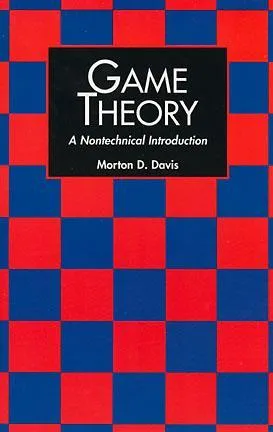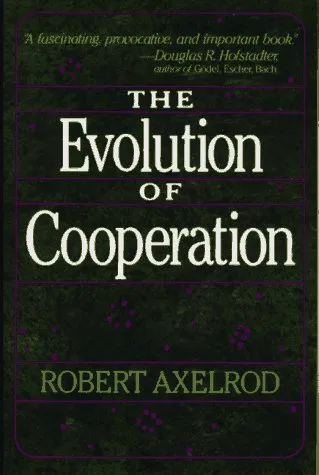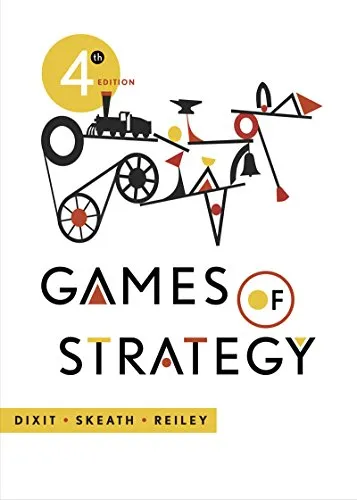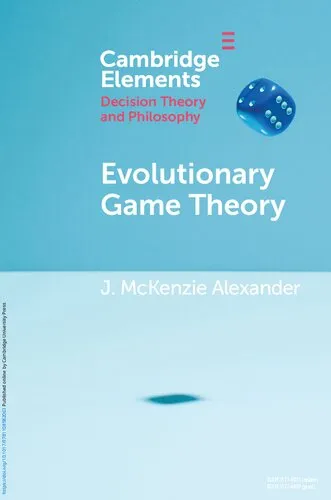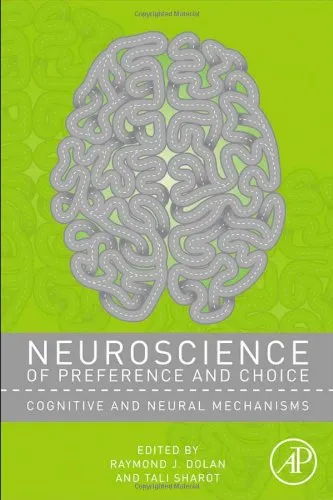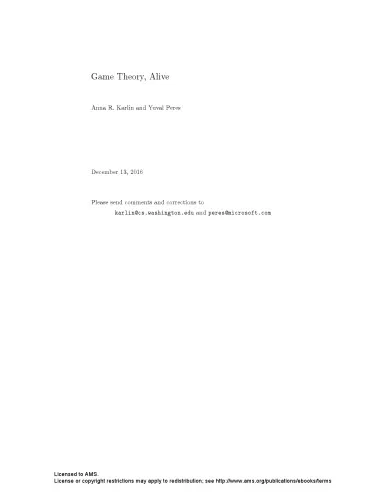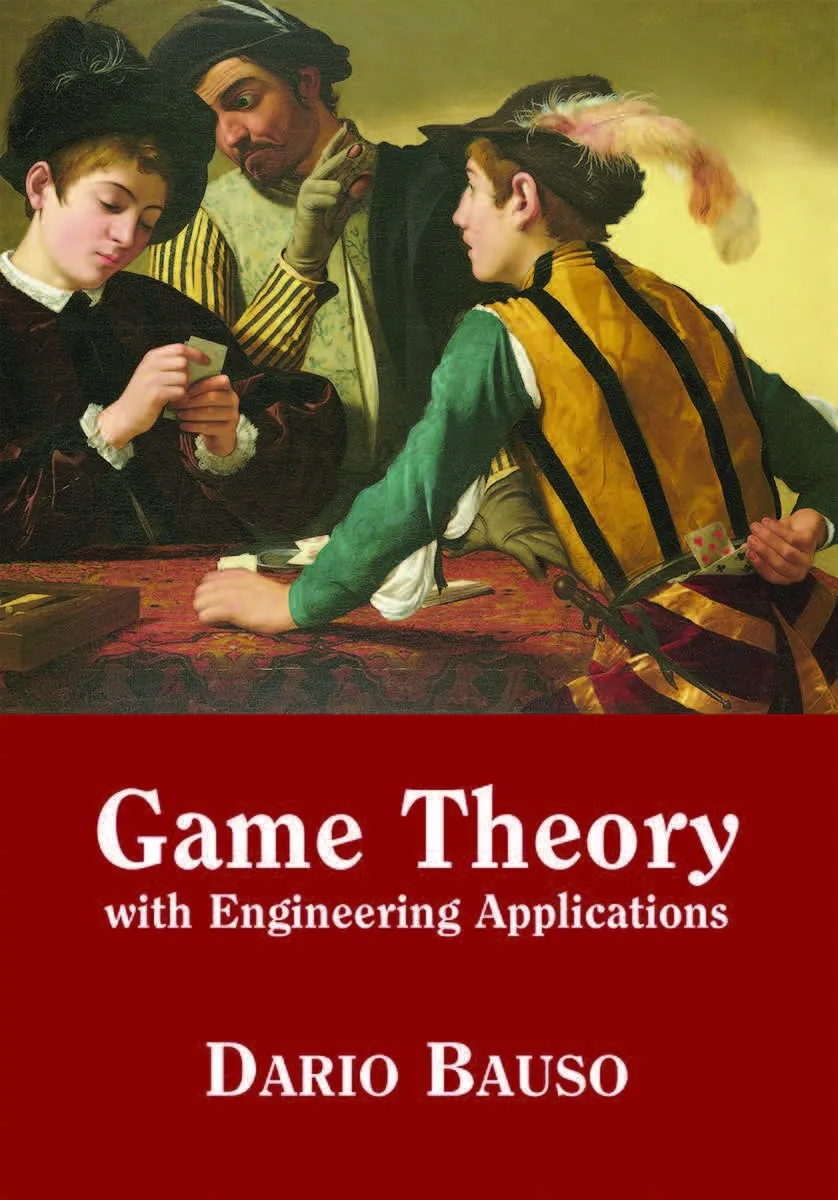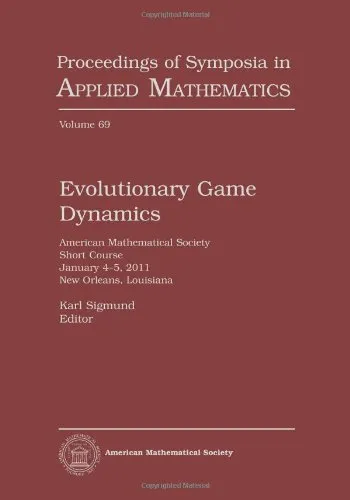Game Theory: A Nontechnical Introduction
4.5
Reviews from our users

You Can Ask your questions from this book's AI after Login
Each download or ask from book AI costs 2 points. To earn more free points, please visit the Points Guide Page and complete some valuable actions.Related Refrences:
Introduction to Game Theory: A Nontechnical Introduction
Welcome to Game Theory: A Nontechnical Introduction, a book designed to open the world of strategic decision-making to readers from a wide array of backgrounds. This book is tailored for those who may not necessarily have a mathematical foundation but are eager to grasp the powerful concepts of game theory and their applications. Written in an accessible and engaging style, the book delves into the intricate science of strategic thinking, blending real-world examples with theoretical insights.
Game theory has emerged as one of the most significant intellectual tools of modern times. From economics and politics to sociology and psychology, its applications span an astonishing breadth of disciplines. This book walks you through the essentials of game theory without bogging you down in overly complex equations or jargon. Instead, it emphasizes clear concepts, engaging anecdotes, and practical insights that illustrate the relevance of game theory in everyday life and critical decision-making.
Detailed Summary of the Book
Divided into well-organized and comprehensible chapters, Game Theory: A Nontechnical Introduction demystifies the core principles of game theory. It begins by exploring the pivotal concept of "rational choice," laying the groundwork for understanding conflict, cooperation, and strategic interactions. Readers are guided through fundamental ideas such as zero-sum games, Nash equilibrium, and minimax strategies, all of which are pivotal to understanding how decisions are made in settings where various participants seek to optimize their outcomes.
The book illustrates these principles with relatable examples, from simple games like rock-paper-scissors to more complex real-life scenarios such as business negotiations and economic competition. The role of trust, incentives, and uncertainty in shaping strategic interactions is presented with clarity and precision.
Subsequent chapters emphasize the interplay of cooperation and competition in multi-agent settings, shedding light on concepts like Pareto efficiency, prisoners' dilemmas, and bargaining problems. The book further provides insights into evolutionary game theory, highlighting how strategies evolve over time based on successes and failures.
Ultimately, the book serves as both an introduction and a thought-provoking exploration of the decision-making processes at the heart of human interaction. Readers leave not only with knowledge but with a toolkit of frameworks to recognize and analyze strategic situations in their own lives.
Key Takeaways
- Understanding Strategic Thinking: The book provides a clear foundation for recognizing and analyzing decisions influenced by competition, cooperation, and conflict.
- Intuitive Frameworks: Theoretical concepts such as Nash equilibrium, minimax strategies, and dominance are explained in simple terms with practical examples.
- Real-World Applications: Readers gain insight into how game theory applies to negotiations, economics, social dilemmas, and even evolutionary biology.
- No Math Barriers: True to its subtitle, the book avoids heavy mathematical expressions, making it perfect for non-technical audiences.
- A Shift in Perspective: Above all, readers will be empowered to approach challenges and interactions with a strategic mindset.
Famous Quotes from the Book
Here are some notable excerpts from the book that capture its essence:
"Game theory is not just about games but a tool to understand the fabric of human interaction and decision-making."
"Every strategic situation, no matter how ordinary it seems, can be uncovered, mapped, and better understood through game theory."
"The genius of game theory lies in its ability to explain both cooperation and conflict within the same framework."
Why This Book Matters
In a world filled with complexity, understanding strategy is no longer optional—it's essential. Whether you are a policy-maker, a business leader, a student, or simply curious about the dynamics of human interaction, Game Theory: A Nontechnical Introduction provides the insights you need to navigate strategic challenges with confidence.
The importance of game theory has grown exponentially in our interconnected world. Decisions in government, technology, environment, and global relations hinge on strategic insights. By making game theory accessible, this book equips readers to appreciate the profound logic that governs these crucial arenas.
Moreover, its focus on simplicity ensures that it bridges the gap between science and society. By making groundbreaking theories understandable for all, the book serves as a valuable resource for anyone seeking to sharpen their reasoning and decision-making abilities.
Ultimately, this book matters because it democratizes knowledge. It shows that strategic thinking is not reserved for academics or elites; it is a skill that everyone can apply to transform their interactions and choices in profound ways.
Free Direct Download
You Can Download this book after Login
Accessing books through legal platforms and public libraries not only supports the rights of authors and publishers but also contributes to the sustainability of reading culture. Before downloading, please take a moment to consider these options.
Find this book on other platforms:
WorldCat helps you find books in libraries worldwide.
See ratings, reviews, and discussions on Goodreads.
Find and buy rare or used books on AbeBooks.
1560
بازدید4.5
امتیاز0
نظر98%
رضایتReviews:
4.5
Based on 0 users review
Questions & Answers
Ask questions about this book or help others by answering
No questions yet. Be the first to ask!
